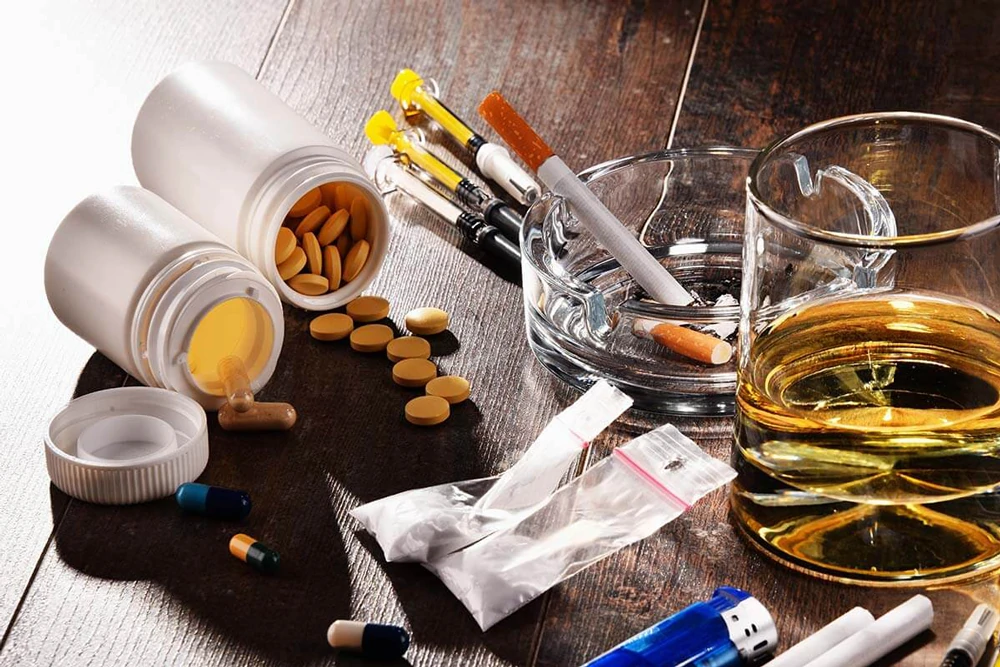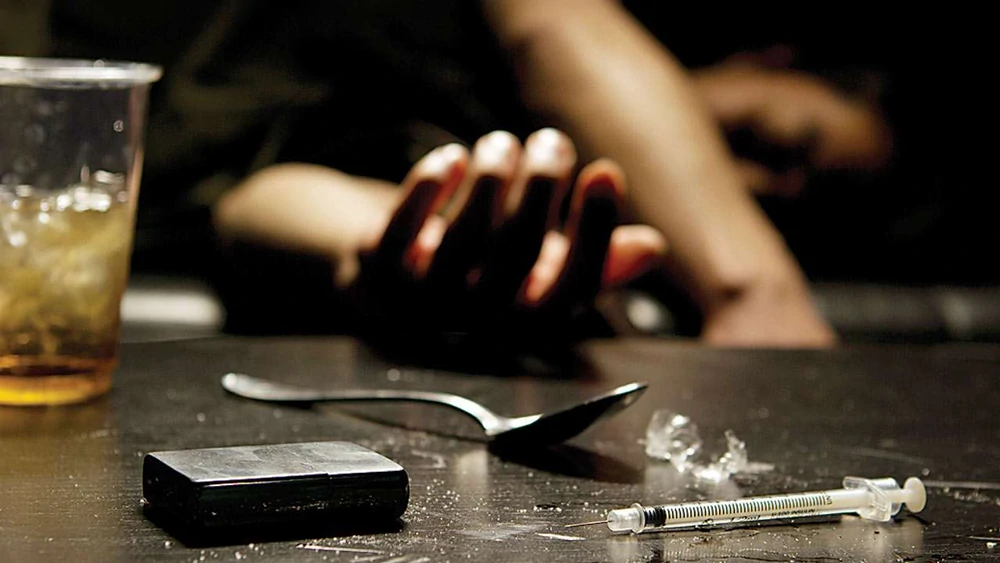Drug addiction and abuse has been a foremost problem of society for many years. This has caused several types of abuses worldwide, including crimes and health. This may lead to harmful results to the addict, including loss of employment, the falling apart of his family, failure in school, child abuse, domestic violence, or many other crimes.
Though not everyone who uses drugs eventually becomes an addict to them, to some it begin as casual use only, but sooner or later leads to drug addiction. This addiction can trigger a long-term, severe craving for the drug. Many would want very much to get out of it but find it very hard to do it, and especially on their own. When becoming an addict, it becomes very difficult for the user to control himself, and he may always have some craving for it, even knowing the harm it may cause to not only to their life, but for all the people around them who care. These are the drug addiction facts and truths.
Though drug addiction, being a big problem in society, is continuously being lectured in schools, universities, different institutions, churches, or even in TV. Yet many still do not understand why certain people become addicted to drugs or how the brain encourage the habitual drug abuse. Drug addiction has been viewed mistakenly as merely social crisis and persons who are into it are morally week. Through further studies and researches of science we can now know how exactly drugs function in the brain and treatments has been discovered to successfully help users and addicts stop abusing drug use and continue live a normal and healthy lives.
Defining Drug Addiction:
Drug addiction is defined as an abnormal condition which takes place by becoming compulsive, uncontrollable, and frequent drug use. This condition is a disorder of obsession or addiction that leads to the series of drug use and development of drug-dependence behavior that continues even under destructive circumstances. It can be a dependence on a street drug or medication.
Symptoms:
Drugs can be a very tricky substance. At times, you wouldn’t know where it leads you because it may start as just a normal use because of medication or merely for social purposes. To some, it just stays there and controllably uses it only as needed, but for some it doesn’t. Some uses drugs as a habit, a regular routine, until whether consciously or unconsciously uses it more and more to the point of dependence on drugs. As this habit is developed it tends to be very difficult to live without the drug and discontinuity of it shows withdrawal symptoms.
These symptoms of drug addiction includes excessive spending of money even if you can afford it and at times may lead to unwanted behavior to obtain money needed, failing to stop use the drug, assuring that you have regular supply of the drug, dependence on the drug or feel unproductive or ill without it, confident in doing risky activities that may even cause death, and believing that frequent drug use as an escape or answer to problems.
Knowing the Warning Signs of Drug Use and Dependence:
The type of the drugs being used is important in order to identify certain indications or warning signs of drug use and dependence because depending on the drug the signs would differ. Through this it is possible to know if a loved one, family member, or a friend is abusing drug use based on the behavioral and physical warning signs and symptoms related with the drug.
Kinds of Addictive Drugs:
There are several examples of addictive drugs. These have become addictive because of certain chemical compounds that make the drug. Examples of these addictive drugs are hallucinogens, barbiturates and benzodiazepines, methamphetamine, cocaine and other stimulants, marijuana, hashish, narcotic pain killers, inhalants, and club drugs.
Prevention of Drug Addiction:
Doctors normally gives prescription drugs to patients to make them feel and get better. You must be responsible to take medications for it can be addictive too if improperly used. That is why physicians or doctors prescribe certain doses and keep track of the frequency of use in order to guide the patients for a safe medication. If you, as a patient, feels like you need more of the drug than that of what is prescribed, better consult your doctor first. As for illegal drugs, the best way to avoid and prevent addictions is not to try using the drug at all.



